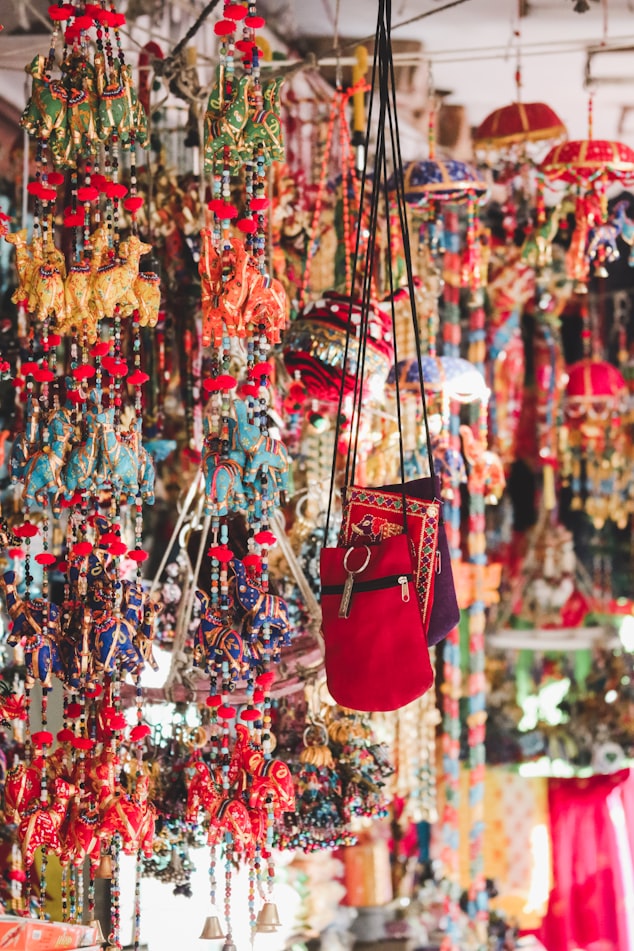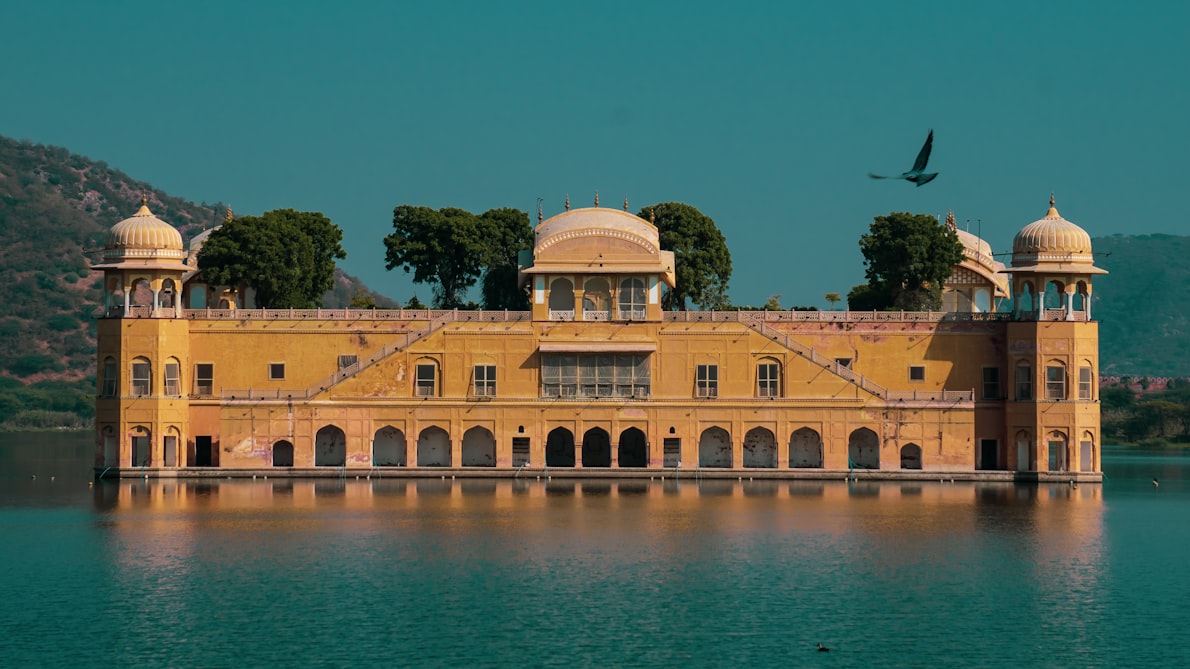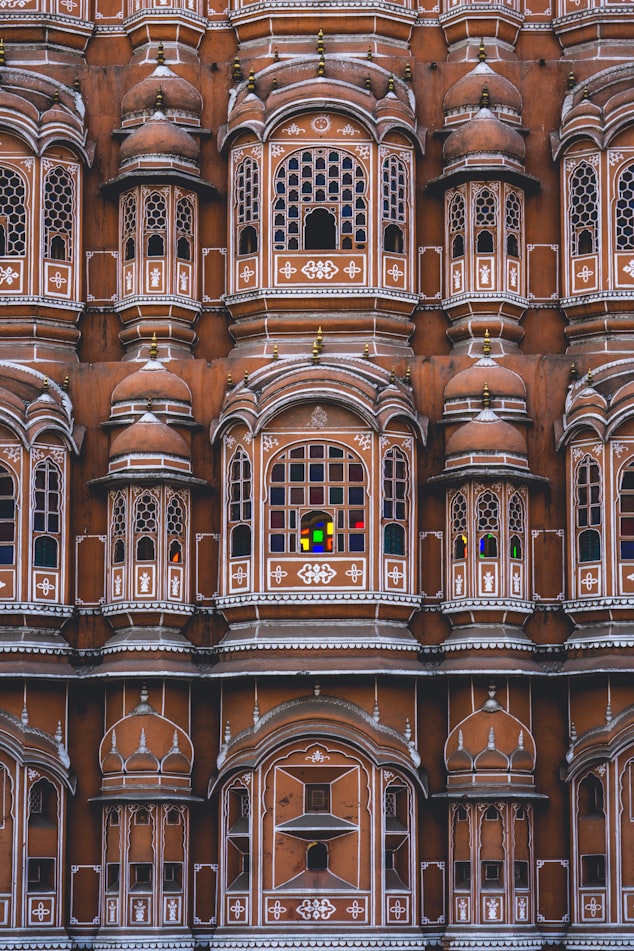The Best time to plan your trip to Jaipur: Rajasthan in 2024

Jaipur is located in a semi-desert, arid region that has three distinct seasons. For visitors, only one season is suitable, so pre-planning is essential before travelling to India and Jaipur. Jaipur ‘s three seasons are; a warm dry winter, an unbearably hot spring/summer and a brief but intense season of monsoon. Unsurprisingly the best time to visit Jaipur is during the winter months, from early November through to February and this is the height of the tourist season.

When deciding to visit Jaipur the weather is the most crucial factor. Do not consider visiting Jaipur during the long hot summer (March till July), when the maximum daytime temperatures may exceed 45 ° C. Combined with the dust and pollution, this intense heat makes Jaipur unbearable and this is the worst season to visit India.
Also Read,
https://pickyourtrail.com/blog/top-10-best-resorts-in-jaipur-for-a-perfect-staycation/
The Jaipur climate can be described as being semi-arid. It experiences extreme weather, as the summers scorch and winters can get extremely cold. The proximity to the Thar Desert influences the weather in Jaipur as well. Jaipur Summer starts by mid-March and continues until the end of June. By July, Monsoon sets in and continues until September. October is witnessing the gradual advent of winter, extending until early March. The temperatures during this particular period are mild and the weather is pleasant, making it the best time to visit Jaipur.

When to visit Jaipur
Jaipur offers you many best places to visit, but choosing a right time to visit is a wise option. Winters (November-March) is the best time to visit Jaipur and other parts of Rajasthan since the weather ranges from 8-degree Celcius at night to 32-degree Celcius at daytime. Summers are extremely hot, and sightseeing is not an exceedingly happy experience. On the other hand, Monsoons are quite hot and humid which is not an ideal time to visit as well. January is a great time to visit Jaipur due to the Kite Festival and also the Jaipur Literature Festival which is held around this time. Jaipur witnesses the Elephant festival sometimes in the month of March, just a day before Holi.
Also Read,
https://pickyourtrail.com/blog/best-tourist-spots-in-jaipur/
Jaipur in winter
Winter Season (October-March) is the best time to visit the city as the temperature ranges from 8-degree Celcius in the cooler nights to 32-degree Celcius in the day during this relatively pleasant time. The cold evening temperatures can even drop to an astonishing 5-degree Celcius so be sure to wear warm clothes. Since winters are a preferred time to visit Jaipur, however, the city may be extremely crowded with tourists flocking from various parts of the country. The January kite-flying festival and the Jaipur Literature festival attract many tourists to the town.
Jaipur in monsoon
Monsoon (July-September) is the ideal time for visiting Jaipur. Since, Jaipur does not get interfered with an average amount of rain, sightseeing and other outdoor activities. During this time, the temperature ranges from 27 degrees to 34 degrees Celcius, making it somewhat cooler than in summer. This small amount of rain also leads to fresh and radiant surroundings, adding to the city’s beauty.
Jaipur in Summer
Since Jaipur is a semi-desert city it is known that the summer months from March to June are extremely hot and sweltering. The temperature ranges from 34 ° C to as high as 40 ° C, making sightseeing an impossible task for individuals. Keep hydrated, as the heat could scorch. Summer, however, brings forth the Jaipur Elephant Festival, which is held a day before Holi in March. The whole city is filled with entertainment and joy that is nearly enough to make you forget the heat that comes with it.
Festivals in Jaipur
The two most significant Jaipur festivals are the Elephant Festival and the Kite Festival (Makar Sankranti). The festival of elephants is a celebration of the great animals and the elephants are beautifully painted and paraded in the streets. Other bizarre activities include Elephant Polo and Dancing with Elephants. This single-day event is being held in March on the day before Holi ‘s holy day. And, do not miss the Pushkar Mela (Fair) in Jaipur.

Another unique festival in Jaipur is the kite festival when hundreds of kites fly above the city. The kites have glass shards on the string lines and each kite battles for air dominance with neighbours. This typically confused Indian festival takes place on January 14th and is the first day the sun is in the northern hemisphere.

The Hindu religious festival’s most entertaining being Diwali, the celebration of lights. The festival celebrates the victory of light over darkness and is commemorated by fireworks, street festivities and lanterns.
Plan your trip with Pickyourtrail
To the benefit, having the help of a reputed travel agency adds. Starting with DIY itineraries to have one-stop-shop for all travel needs, Pickyourtrail not only guarantees seamless and trouble-free ride but holds the cost-effectiveness under check at the same time. The innovative itinerary development tool takes into consideration considerations such as a traveller’s curiosity, the length of a trip and the expenditure to execute on the brand ‘Craft Your Vacation, Your Way.’, completely online.
Related Posts
Update your location?












